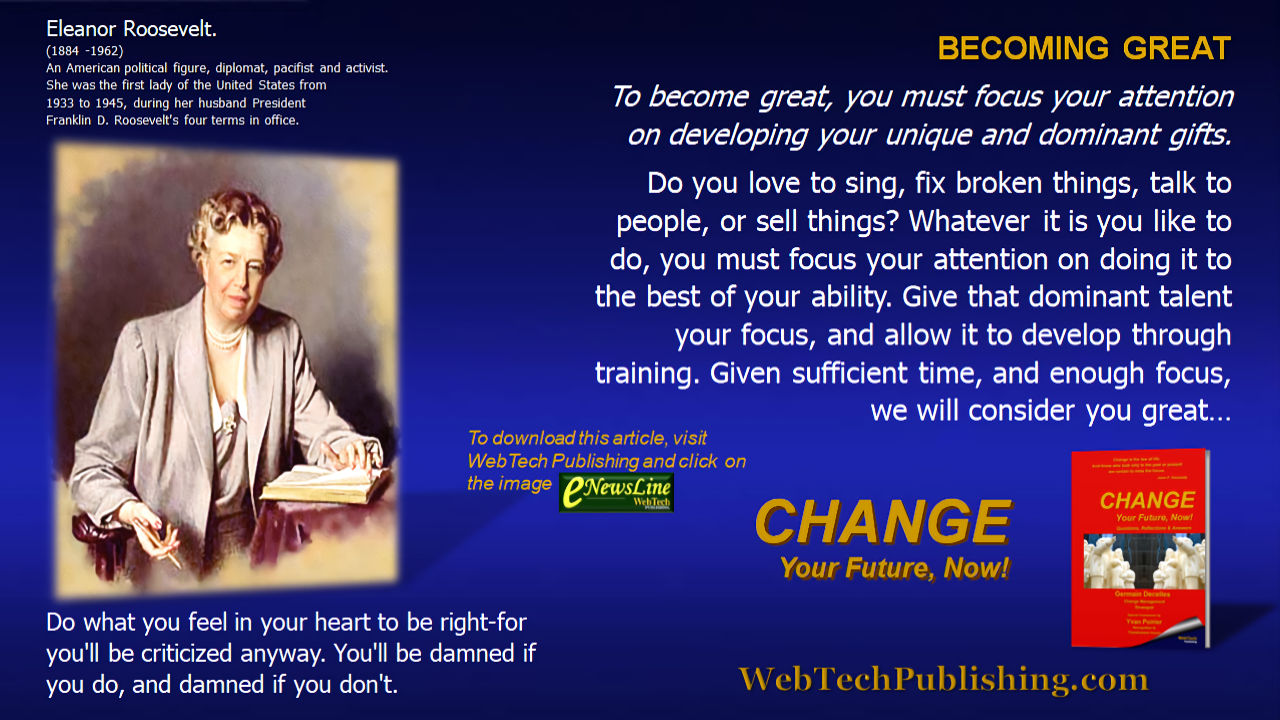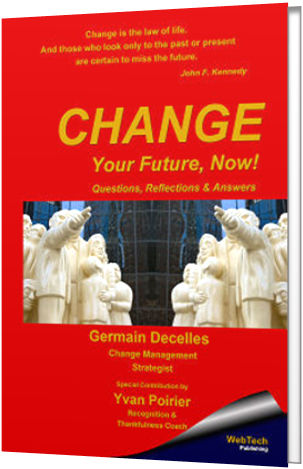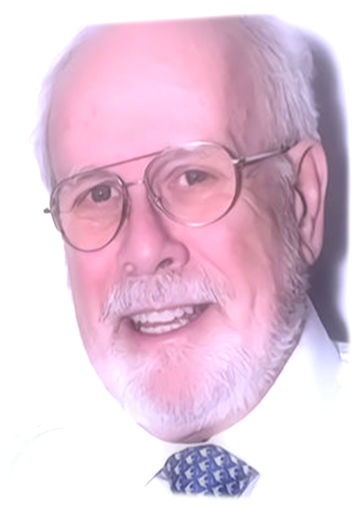|
Article published on LinkedIn.com: June 14, 2023
04_becoming_great_061423.pdf

Becoming Great
To become great, you must focus your attention on
developing your unique and dominant gifts.
Do you love to sing, fix broken things, talk to people,
or sell things? Whatever it is you like to do, you must focus
your attention on doing it to the best of your ability. Give
that dominant talent your focus, and allow it to develop
through training. Given sufficient time, and enough focus, we
will consider you great.
Martin Luther King, Jr. provided us with a wonderful
thought about greatness: If a man is called to be a street
sweeper, he should sweep streets even as Michelangelo painted,
or Beethoven composed music, or Shakespeare wrote poetry. He
should sweep streets so well that all the hosts of heaven and
earth will pause to say, here lived a great street sweeper who
did his job well.
Remember that there is always room at the top for those
who are dedicated to greatness, so whatever you do, do it well
or not at all. I believe life is too short only to give 50
percent. You only
get one bite at the apple. You only live once, so why not live
life to the fullest? Why not play life to the hilt? Why not
die empty, with no regrets? You have everything you need
inside of you to succeed.
You just need to put yourself in the right environment,
so you can grow and become all that you were destined to
become. Life is too short for you not to be great!
What about the talent myth?
Think of the greatest athlete, musician, artist, or
business professional that inspires you, such as Michael
Jordan, Frederick Chopin, Albert Einstein, Napoleon Bonaparte,
Winston Churchill, or today, Bill Gates or Steve Jobs.
Each of them was born with a special gift.
Each was given talents and abilities at birth that most
of us do not have access to, right?
Research shows that it is not that simple. In fact,
many child prodigies do not go on to major success in the area
of their early gifts. And many of the greatest performers,
athletes, and business people never showed any early signs of
aptitude. So, how did they become great at what they do?
Professor K. Anders Ericsson and his colleagues from
the Florida State University published a paper in 1993, on
expert performance, which along with the additional
studies around the world that it inspired, made some very
interesting discoveries:
Nobody is great without lots of hard work. Early
aptitude is not a predictor for greatness in a given field
without consistent practice over a long period of time. The
most accomplished people in any field need about ten years of
hard work before they become of world class quality.
They call this the Ten Year Rule.
Many of these scientists are now saying that
targeted natural gifts do not exist at all. You are not
born a CEO or chess grandmaster. Rather, greatness is achieved
by hard, focused work over many years.
However, you and I both know people who work very hard.
Many work for decades at a job or hobby without approaching
greatness. Why do they not become world class then?
It turns out that only hard work is required. Focused,
consistent practice over a long period of time is also needed,
something the researchers are calling deliberate practice.
Truly great people in any field devote many hours to
deliberate practice. Deliberate practice is an activity that
goes beyond repetition. It is consistent practice where the
goal is continually to improve performance, reach beyond
current capabilities, and seek feedback on results.
Whatever it is that you do and have a passion for, you
can improve and become truly great at, if you are willing to
put in the work, that is. Approach each critical task with an
explicit goal of getting much better at it. Set goals that are
just beyond your level of competency.
As you do a task, focus on what is happening and why
you are doing it the way you are. After the task is completed,
get feedback on your performance from multiple sources. Do not
get emotional about the feedback, and make changes in your
behavior as necessary.
Remember to continually build mental models of your
situation, of your career, your organization, and your
industry. Expand the models to encompass more factors, and do
those steps regularly, not sporadically. Occasional practice
does not work. Consistency is the key here.
Also, in the same chapter you can familiarize yourself
with questions, reflections, and answers about:
What does all this mean?
Do I already know how to be Great?
What does it take to be Great?
Why the extra step?
What is a Hero?
How can I become a great Person?
How can I become a great Finisher?
Do I want to become a great Leader?
Do I want to become a great Follower?
How might I become miserable?
Can I become a strategic Thinker?
Is Life a call for action?
Can I simplify any problem?
How can I become a great Friend?
How can I become a great Facilitator?
How can I become a great Parent?
How can I become a great
Mentor?
How can I become a great Seller?
How can I become a great Communicator?
Do I need to surround myself with people better than myself?
Is success an accident?
What about accidental success?
What should I consider?
This 642-page book is the result of a four-year project called Project
Tomorrow. During the four-year period, we followed more than
500 trainees, aged from 16 to 72.
The trainees were from colleges and reinsertion
programs in administration and computer science. Some of the
trainees that were implicated where dropouts from school
districts, and others were new immigrants or unemployed
workers from different economic and social backgrounds.
To graduate, the trainee had to perform during a period
of three months in a business environment. At the end of that
time, an appreciation evaluation was performed to determine
both the amount of change the trainee experienced during the
period and the impact of that change on the trainee.
Many of the questions, reflections, and answers
presented in this book are issued from our findings during
this period. We would like to thank all the trainees for their
efforts and determination during the process.
In a nutshell, to change your life for a better future, you
will need
detailed
your
The book through questions, quotes and reflections
provides the necessary elements to explore your soul, to find
out who you really are, what your true passions are and how
you can become more efficient and effective, so you can shape
your life.
|

|
This 642-page book is the result of a four-year project
called Project Tomorrow. During the four-year period,
we followed more than 500 trainees, aged from 16 to
72.
It is also the fruit of forty years of experience
acquired with local and international organizations
and companies and during consultancy, change
management, transition, and marketing services. For
more information go to:
www.webtechpublishing.com .
|
About the Author
Decelles
Other publications:
ISO Pour Tous
– Le manuel
d’information ISO – Le guide de préparation ISO – La
gestion du changement en affaires – La gestion de
projet d’affaires – Le
changement POUR TOUS –
Change Your Future,
Now! – Mon succès est votre succès –
My Success Is Your Success.
Press Contact
Germain Decelles, o.s.j.
WebTech Management et Publication Incorpored
|
 |
—30 —
|